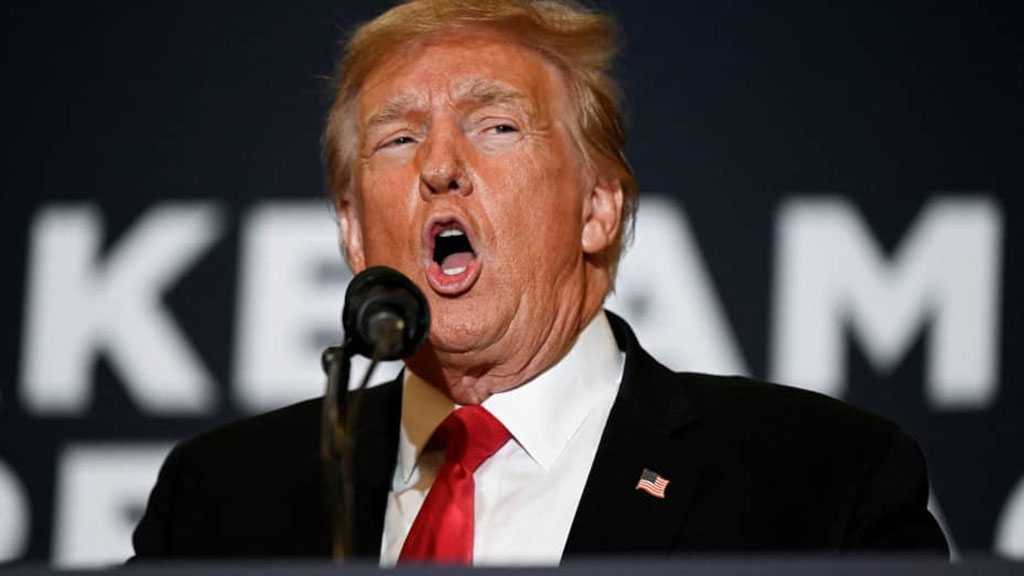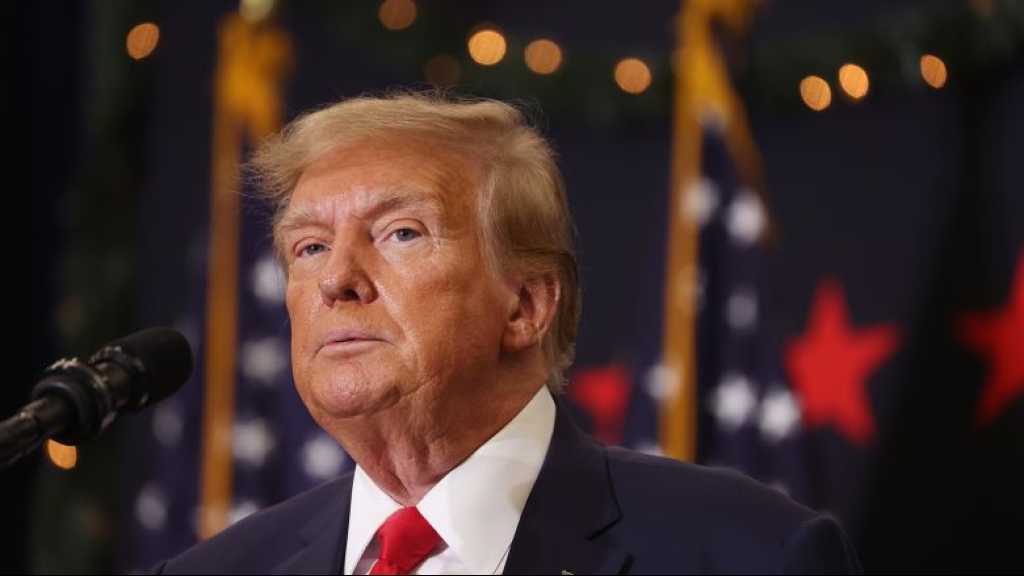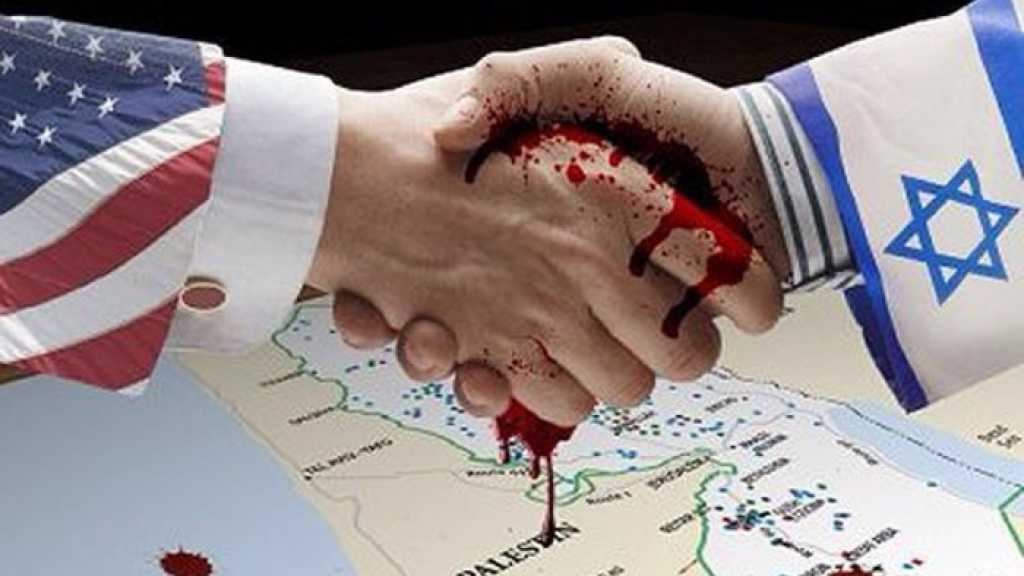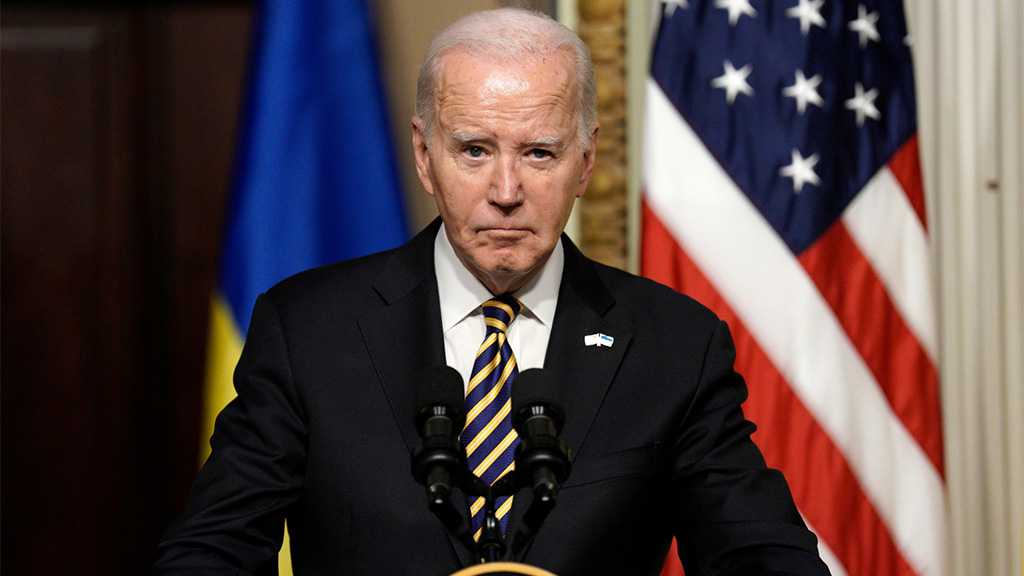
Trump’s Muslim Ban: Criticism, Legal Challenges Dominate Scene
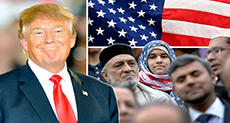
Local Editor
US President Donald Trump fought back Sunday amid outrage from civil rights activists and legal challenges over his abrupt order for a halt on arrivals of people, including refugees, from seven Muslim-majority countries.
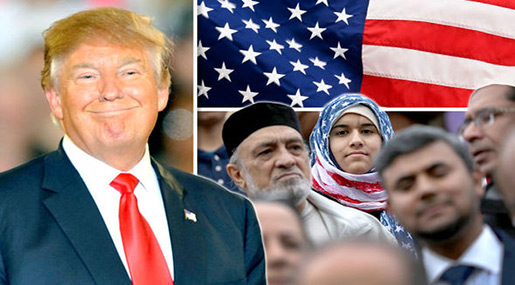
He and senior aides defended the policy, and one administration official said Friday's order could be expanded to include more countries, even as border and customs officials struggled to put it into practice.
Confusion persisted over details of implementation, in particular for green card holders who are legal residents of the US.
In his most sweeping action since taking office on Jan. 20, Trump, a Republican, put a 120-day hold on allowing refugees into the country, an indefinite ban on refugees from Syria and a 90-day bar on citizens from Iran, Iraq, Libya, Somalia, Sudan, Syria and Yemen.
In a Twitter message Sunday, Trump said the country needed "strong borders and extreme vetting, NOW." "Christians in the Middle-East have been executed in large numbers. We cannot allow this horror to continue!" added Trump, who successfully tapped Americans' fear of attacks during his election campaign, and has presented the policy as a way to protect the country from the threat of extremist militants. His comment could fuel charges that the new policy singles out Muslims as it did not take into account the fact that Daesh ["ISIS"] has targeted not just minorities in Syria and Iraq, but also Shiites and Sunnis in areas under its rule.
Protests erupted for a second day in several US cities and airports.
Critics slammed Trump's order as a slap to America's spirit, potentially counterproductive in fighting Takfiri militant and confused in its execution. The policy appeared to be evolving on the fly.
White House Chief of Staff Reince Priebus said on NBC's "Meet the Press" that the order "doesn't affect green card holders moving forward." However, he added that such people would be subjected to extra questioning by Customs and Border Patrol agents when they tried to re-enter the US.
A senior administration official said green card holders will be subject to a rescreening but it had not been determined where and how. Specific guidelines were being put together, the official said, adding "they could be screened in many different ways and in many different places."
Chuck Schumer, the senior Democrat in the Republican-controlled US Senate, seized on the mixed messages from the administration. He said he had spoken with Homeland Security Secretary John Kelly to express his concerns about the order, and Kelly had told him that the executive order would not affect legal permanent residents. "We need clarification. But it shows you, above the bad nature, the horrible nature of these [orders], the incompetence of this administration," Schumer told a news conference.
Civil rights and faith groups, activists and Democratic politicians have promised to fight Trump's order, and Schumer said his party would introduce legislation to overturn it. Republicans control both the House of Representatives and the Senate, but several senior Republicans voiced concern. Senators John McCain and Lindsey Graham said in a statement that "we fear this executive order will become a self-inflicted wound in the fight against terrorism."
Priebus said that of 325,000 people who arrived from foreign countries Saturday, 109 were detained for further questioning and most were moved out, with just a "couple dozen more that remain" detained. "It wasn't chaos," he said, adding of the order, "maybe we can expand the countries."
A federal judge in Brooklyn, New York, granted a temporary reprieve late Saturday evening. The American Civil Liberties Union, representing two Iraqis caught by the order as they flew into the country, successfully argued for a temporary stay that prevented travelers denied entry to the US from being deported. Federal judges in at least three states followed that in orders issued late Saturday or early Sunday, barring authorities from deporting affected travelers.
Separately, Democratic attorneys general from 15 states and the District of Columbia said in a joint statement they would work together to fight to ensure the federal government respected the Constitution.
Immigration and civil rights attorneys and advocates said officials at several airports were not complying with federal court orders, including the judge's stay. The Department of Homeland Security said in a statement late Saturday that about 375 travelers had been affected by the order, 109 of whom were in transit and were denied entry to the United States. Another 173 were stopped by airlines before boarding.
Source: News Agencies, Edited by website team
Comments
